Digital Economics Department
Description of the research objectives and areas of interest
The research areas of the Digital Economics Department are dynamically gathered around research topics through which the Department members are organized into smaller research groups (RGs). This Department organization enables better focus and flexibility of the research teams.
The topics around which NIGs are organized at the Departmental level are:
- Digital entrepreneurial competences
- Digitalization of Business
- FinTech
- Remote work

Department members
- Ph.D. Vladimir Simović (Head of the department)

- Ph.D. Ivana Domazet

- Ph.D. Milena Lazić

- MA Marija Antonijević

- MA Jelena Banović

- МА Djina Ivanovic

Selected works
- Simović, V., Domazet, I., Bhagat, R., Sarhan, H., & Ivanovic, D. (2022, April). Identification of Opportunities as the Component of Digital Entrepreneurial Competences of University Students: A pilot study in Kuwait and Serbia. In Proceedings of the 6th International Conference on E-Commerce, E-Business and E-Government, University of Plymouth, United Kingdom (pp. 85-90).
- Lazic, M., Domazet, I., & Vukmirovic, V. (2022). Global pandemic and digital marketing: Trends and perspectives. Marketing, 53(2), 143-152.
- Domazet, I. S., & Lazarevic-Moravcevic, M. (2022). Internet Marketing: Factor of Improving SME Business in Serbia. In Navigating digital communication and challenges for organizations (pp. 202-222). IGI Global.
- Simovic, V. M., & Domazet, I. S. (2021). An Overview of the Frameworks for Measuring the Digital Competencies of College Students: A European Perspective. In Stagnancy Issues and Change Initiatives for Global Education in the Digital Age. (Ed.) Neimann, T.et al. IGI Global Publishing House, Business Science Reference, Hershey, USA. USA. pp. 259-282.
- Domazet, I, & Simovic, V. (2020). The use of Google Analytics for measuring website performance of non-formal education institution. In: Handbook of research on social and organizational dynamics in the digital era. (Ed.) Idemudia E. IGI Global Publishing House, Business Science Reference, Hershey, USA, pp. 483-498.
- Lazic, M., Jovanovic, O., & Lazarevic, M. (2021). Women’s Entrepreneurship in the Wake of the Covid19 Crisis: The Case of Serbia. Journal of Women's Entrepreneurship and Education, (1-2), 56-69.
- Ivanovic, D., Simovic, V., Domazet, I., & Antonijevic, M. (2021). Average Matching Levels for Two DigComp Competence Areas of the Female Entrepreneurs in Serbia. JWEE, (3-4), 42-60.
- Ivanovic, Đ., & Antonijevic, M. (2020). The Role of Online Shopping in the Republic of Serbia During COVID-19. Economic Analysis, 53(1), 28-41.
- Vukmirovic, V., Kostic-Stankovic, M., & Domazet, I. (2020). Influencers as a Segment of Digital Marketing Communication-Generation Y Attitudes. Marketing, 51(2):98-107.
- Domazet, I., Zubovic, J., & Lazic, M. (2018). Driving Factors of Serbian Competitiveness – Digital Economy and ICT. Strategic management, 23(1), 20-28.
Selected projects
- Digital Entrepreneurial Competences Online Assessment Tool, Kuwait Foundation for the Advancement of Sciences, 2022-2023.
- COST Action CA19130 - Fintech and Artificial Intelligence in Finance - Towards a transparent financial industry, 2020-2024.
- Digital Entrepreneurial Competences of the Students in Serbia and Kuwait, Australian College of Kuwait, 2021-2022.
- CESSDA (Consortium of European Social Science Data Archives), 2018-2022.
- Creation of the Strategy for the development of the national brand of Montenegro 2019-2022.
- HELVETAS Performing and Responsive Social Sciences project „The implementation of the pilot initiatives for evidence based public policies”, 2016-2018.
- PERFORM project (Performing and Responsive Social Sciences program) „The cooperation of economy and science”, 2017.













